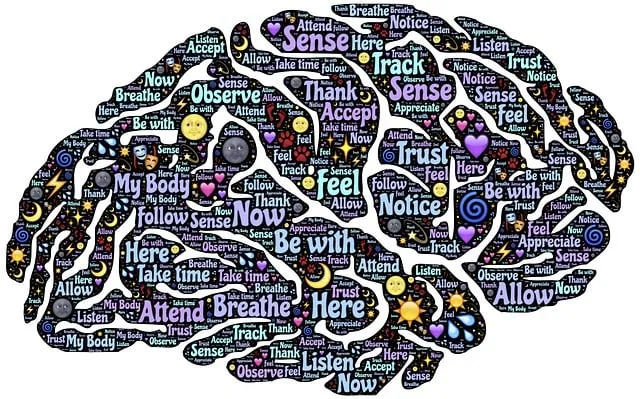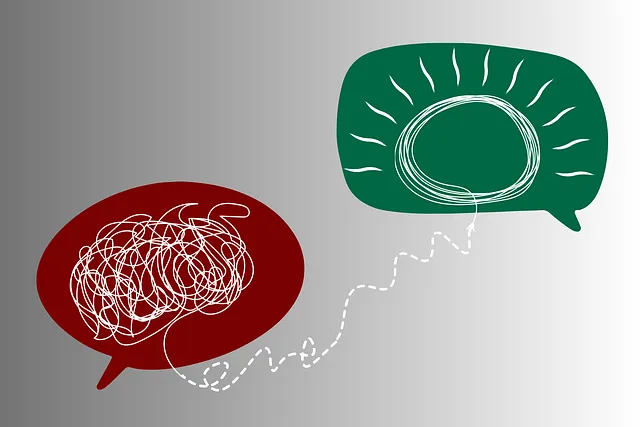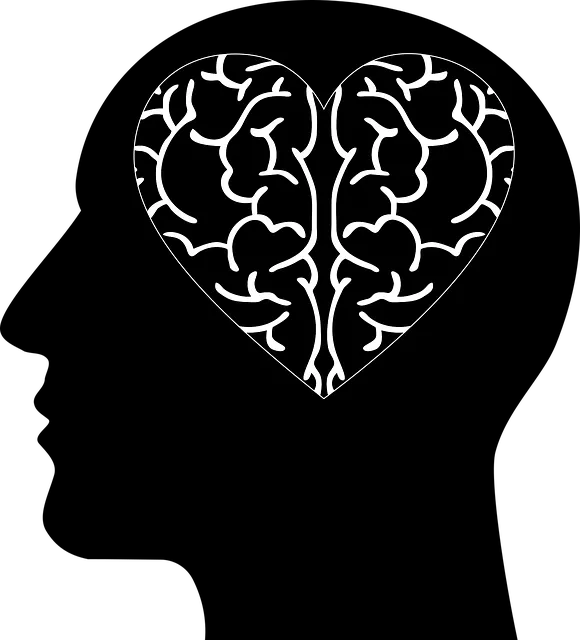Northglenn Kaiser Permanente offers specialized mental wellness group facilitation, creating safe and supportive environments for individuals facing mental health challenges. Skilled facilitators guide open dialogue, activities, and exercises to build resilience, promote healing, and develop effective coping strategies. This holistic approach enhances self-awareness and strengthens interpersonal connections, empowering individuals to take charge of their mental wellness. Facilitators bridge cultural gaps and barriers to care, ensuring tailored interventions accessible to diverse populations through comprehensive Northglenn Kaiser Permanente mental health coverage. Interactive discussions, peer support, and active participation create supportive group dynamics, fostering individual growth and community sense. Success is measured by tangible improvements in participants' lives over time, with regular assessments and feedback tailoring strategies for comprehensive mental wellness.
Mental wellness group facilitation plays a pivotal role in supporting individuals within the comprehensive Northglenn Kaiser Permanente mental health coverage framework. This article explores effective techniques for facilitators, delving into key aspects such as creating safe spaces, encouraging active participation, and fostering peer support. By understanding these strategies, facilitators can enhance group dynamics, ultimately measuring success through evaluation and impact on mental health outcomes within the Northglenn Kaiser Permanente context.
- Understanding Mental Wellness Group Facilitation
- The Role of a Facilitator in Northglenn Kaiser Permanente Mental Health Programs
- Engaging Techniques to Foster Safe Spaces for Sharing
- Promoting Active Participation and Peer Support
- Measuring Success: Evaluating the Impact of Group Facilitation Techniques
Understanding Mental Wellness Group Facilitation

Mental wellness group facilitation is a specialized skill set designed to create supportive environments for individuals navigating mental health challenges. It involves skillfully guiding conversations, activities, and exercises that foster open dialogue, build resilience, and promote healing. Facilitators play a crucial role in creating a safe space where members feel comfortable sharing their experiences, offering support, and learning from one another.
In the context of Northglenn Kaiser Permanente mental health coverage, group facilitation techniques are increasingly integral to community outreach program implementations. By leveraging emotional intelligence, facilitators can help participants develop coping strategies, enhance self-awareness, and build strong interpersonal connections. This holistic approach not only complements professional treatments but also empowers individuals to take charge of their mental wellness in a supportive community setting.
The Role of a Facilitator in Northglenn Kaiser Permanente Mental Health Programs

In Northglenn Kaiser Permanente mental health programs, facilitators play a pivotal role in fostering emotional healing processes within their communities. They act as guides and support systems for individuals navigating various mental health challenges, ensuring that services align with the unique needs of each patient. These facilitators are often the first point of contact, providing Crisis Intervention Guidance to help clients manage acute distress and promoting open dialogue in a safe, non-judgmental environment.
Through effective communication skills and a deep understanding of community resources, facilitators facilitate connections between patients and appropriate support systems. They implement strategies from the Community Outreach Program, tailoring interventions to address cultural sensitivities and barriers to care. By doing so, they enhance accessibility to mental health services, making them more inclusive and impactful for diverse populations in Northglenn Kaiser Permanente’s reach.
Engaging Techniques to Foster Safe Spaces for Sharing

In facilitating mental wellness groups, creating a safe and engaging environment is paramount. One effective technique to foster such spaces is through interactive icebreakers that encourage participants to share personal experiences in a supportive setting. These activities not only help individuals connect but also establish norms of respect and openness. For instance, group leaders can initiate discussions on common struggles, like stress management or depression prevention, allowing members to contribute their unique strategies for coping.
At Kaiser Permanente in Northglenn, mental health education programs are designed with this principle in mind, promoting Mental Health Awareness and actively involving participants in Depression Prevention initiatives. By incorporating engaging techniques that prioritize safe spaces for sharing, facilitators can enhance group dynamics and ensure every individual feels heard and supported throughout the process.
Promoting Active Participation and Peer Support

In facilitating mental wellness groups, promoting active participation and peer support is key to fostering a supportive environment. Group members can engage in self-awareness exercises, sharing their experiences and insights openly, under the guidance of a skilled facilitator. This not only encourages individual growth but also builds a strong sense of community among participants. By embracing the Northglenn Kaiser Permanente mental health coverage and integrating Mental Health Policy Analysis and Advocacy, facilitators can enhance accessibility to resources and create a space where every voice is heard.
Through active participation, individuals learn to support one another, creating a network of peers who understand their struggles and celebrate their victories. This peer-to-peer approach complements Mental Wellness Coaching Programs Development, as it equips members with the skills to navigate mental health challenges effectively. The group dynamic becomes a powerful tool for recovery, enabling participants to draw strength from shared experiences and develop coping strategies tailored to their unique needs.
Measuring Success: Evaluating the Impact of Group Facilitation Techniques

Measuring success in group facilitation for mental wellness is a multifaceted process that goes beyond mere attendance or satisfaction surveys. It involves evaluating the tangible impact on participants’ lives, as well as the skills and behaviors fostered within the group setting. For instance, tracking improvements in emotional regulation, stress management, and social support networks over time can provide valuable insights into the effectiveness of specific techniques.
At Kaiser Permanente Northglenn, mental health coverage includes supportive services that align with these goals. By employing conflict resolution techniques to promote healthy communication and resilience-building activities to strengthen coping mechanisms, facilitators can create a safe space for growth. Regular assessments and feedback from participants help tailor these strategies, ensuring the group sessions resonate with diverse needs and contribute to overall mental wellness.
Mental wellness group facilitation plays a pivotal role in programs like those offered by Northglenn Kaiser Permanente, enhancing mental health coverage and fostering supportive communities. By employing techniques that prioritize safety, engagement, and peer support, facilitators create environments where individuals can openly share their experiences, build connections, and actively participate in their healing journeys. Through structured yet flexible approaches, these practices not only improve individual outcomes but also contribute to the overall success of mental health initiatives within healthcare settings.






